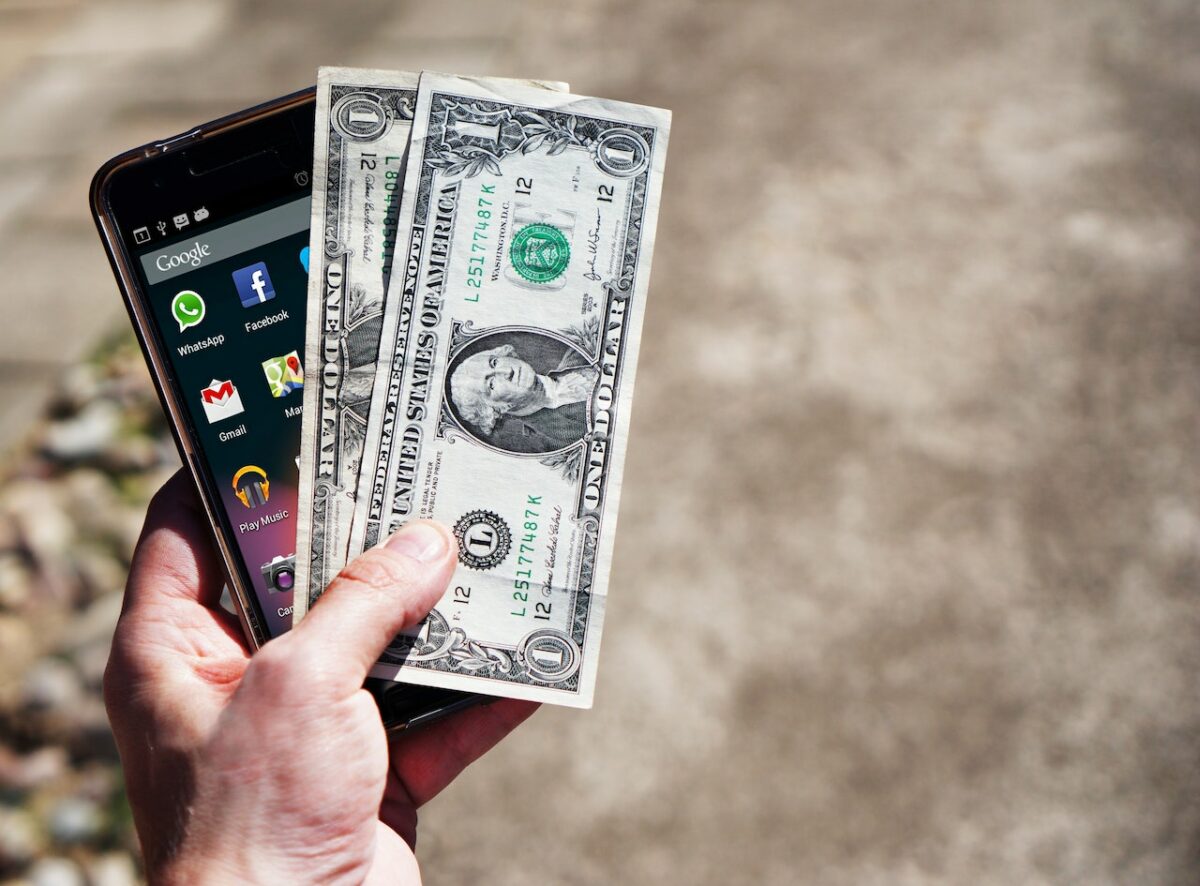Since the advent of the new millennium, the world has largely gone digital, with technology replacing traditional methods. Whether it’s travelling to play in land-based casinos or shopping at a store, nowadays, it can all be done at the click of a button from your computer or phone. Shop on Amazon or eBay and pay using a mobile wallet like Paypal or play blackjack and roulette, then pay with Blik for online casino games. Either way, the withdrawal process is faster than a bank wire transfer.
Handling cash involves a sometimes lengthy withdrawal and deposit process, not to mention how much time it takes to travel to a brick-and-mortar casino. Thus, modern-day gaming consists of a digital system where payment is wired instantly to a casino account, and you can play casino games online, even live dealer titles.
Lately, international online wallets are also facing competition from local mobile phone-based payment systems created or hosted by various network providers worldwide, such as Blik, a Polish payment method. These mobile banking systems are localised to the country, allowing you to transfer funds of a specific limit between the mobile provider and a partnered bank via internet banking. Online casinos operating in such countries are subjected to local rates when transacting, which in most cases is cheaper than international wallets.
Evolving trends have also necessitated a shift to digital spaces. For instance, the COVID-19 pandemic caused a global lockdown as people were forced into quarantine. Exchanging money physically was highly discouraged because it was a means of spreading the virus. As a result, this forced most active brick-and-mortar casinos to transition to online and entirely change their mode of operation.
Most governments also prefer digital online payment methods because tracing, monitoring, and recording all transactions is easier. It helps curb money laundering and tax evasion, which amounts to millions, if not billions, in lost revenue.
At online casinos, players verify their identity before they are allowed to make any withdrawals. Such security aspects of digital online payments have also reduced fraud cases where some gamers might attempt to defraud such establishments or use them as conduits for money laundering. Nowadays, gamers must upload proof of identity to the online casino site, including documents such as IDs, driving licences, and even a utility bill to verify their registered location. It is why almost all jurisdictions licence online casinos with the premise that only adults with legal documents can play.
Lastly, the shift from land-based casinos has influenced more game varieties. Earlier, a casino’s game catalogue was limited to the floor space available within the building or premises. There was a definite number of slot machines, poker, roulette, and blackjack tables that you could fit, and only the most prominent casinos could handle hundreds of them. Nowadays, the size of a casino is measured by the number of gamers registered on its platform plus the revenue amount. A small casino is now considered a casino with a lower revenue turnover rather than its game collection, which can be 5,000 or more games.


